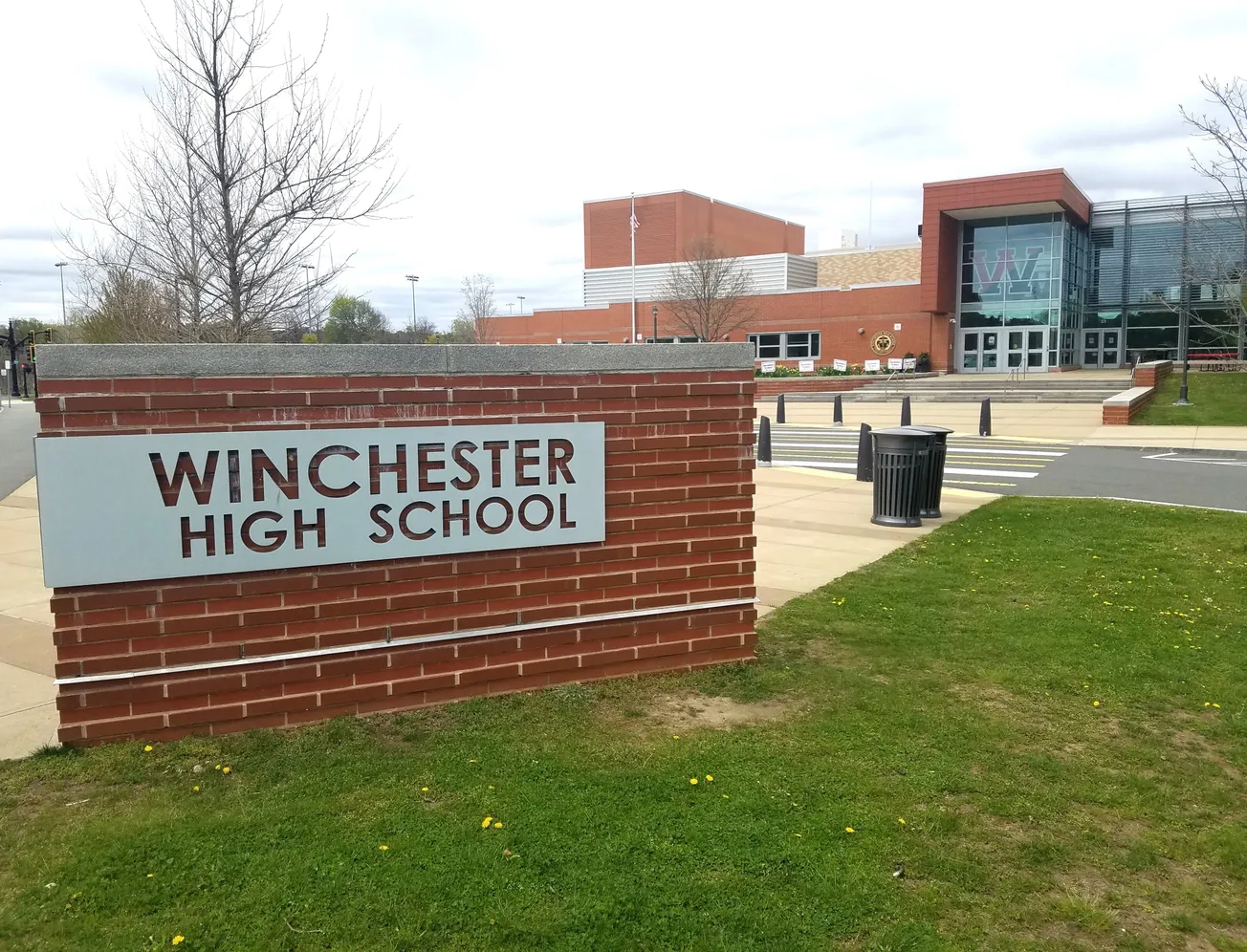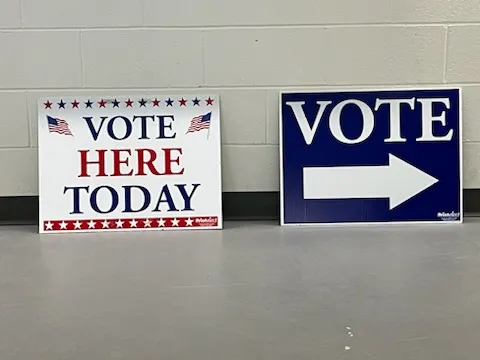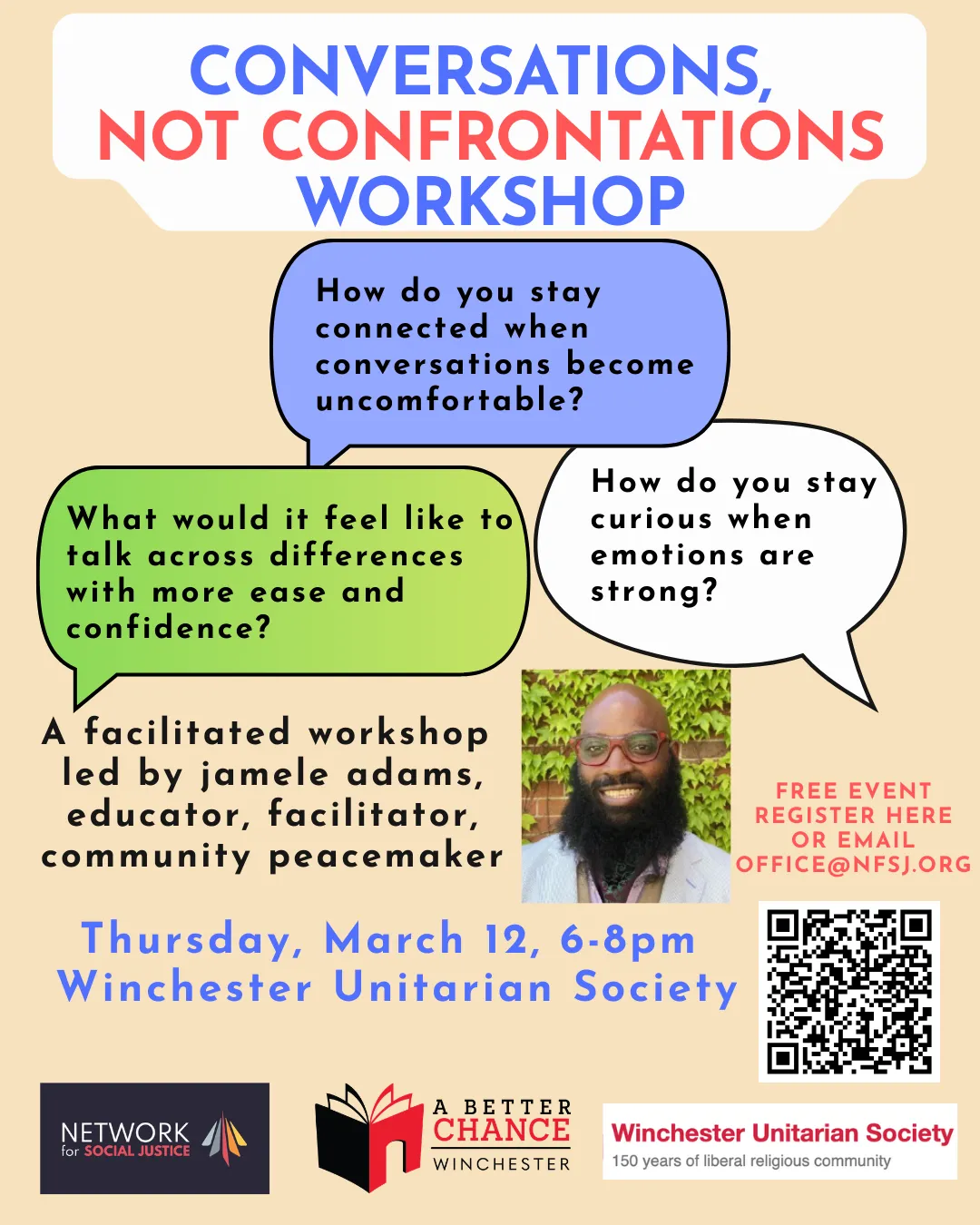Table of Contents
In commemorating the start of a brand new year, Winchester will take the first step toward a seemingly brighter and healthier future.
Cracking down on tobacco use, town officials have opted to target the source: setting its sights on young adults before they take the plunge into years, if not a lifetime, of tobacco use.
However, while many in the town hail this regulation as a net positive, it’s only right to hear from the young adults at the forefront of its focus.
The ban
The regulation, which goes into effect on Jan. 1, prohibits the sale of tobacco and nicotine products within Winchester to anyone (including adults over 21) born on or after 2004.
While initially approved by the town’s Board of Health in May 2024, Winchester’s decision to take such a drastic step toward a tobacco-free future came in response to the neighboring town of Brookline: the first U.S. municipality to impose a generational tobacco ban.
Brookline adopted the ban in 2020 as an escalation of former Gov. Charlie Baker’s 2018 decision to raise the legal age of using tobacco products (cigars, cigarettes, etc.) within Massachusetts from 18 to 21. Going into effect in 2021, the measure faced legal attacks, but the Massachusetts Supreme Court (SJC) upheld the ban this year.
By joining Brookline in the growing list of Massachusetts municipalities (Malden, Melrose, Reading, Stoneham, and Wakefield) imposing similar bans, proponents of the measure hope that gradually larger “tobacco-free zones” will start to form, slowly ridding tobacco use from the state as a whole.
What students had to say
While the ban has been widely deemed as a positive amongst Winchester residents, it’s important to remember that the only group of adults (or soon-to-be adults) the legislation bars from purchasing tobacco are 20 or younger.
To get the youth perspective on the tobacco ban, conversations were conducted with seniors at Winchester High School (17 to 18 year olds) asking their thoughts on the new regulation.
Unsurprisingly, whether simply being informed of the town’s generational tobacco ban, or setting aside a few minutes to take a more in-depth look into the ban’s implications, the overarching sentiment amongst students at Winchester High School viewed the ban as favorable and necessary.
While many students wished to remain anonymous, a few were willing to have their perspectives shared with their fellow town members.
Bowen Peng, who voiced a mostly positive take on the measure stated, “I’d say that it’s a good thing ‘cause everyone knows that smoking is bad, not only for the person smoking, but also everyone around them.”
However, Peng also noted the potential for the ban to negatively impact small-business owners in Winchester (and in the aforementioned neighboring towns where such a ban was passed).
“I guess the only bad thing could be less sales for general stores, smoke shops, and other places where that stuff is sold,” Peng said. “Personally, that doesn’t affect me, but I could see how those people could be annoyed.”
Interestingly, it was the case that a few retailers and small business owners in Winchester and Brookline voiced their opposition to the respective bans. Brookline was taken to court over its ban, though in March 2024 the SJC unanimously sided with Brookline, voicing its stance that the ban fails to violate equal protection since tobacco use and its impacts are a matter of legitimate state public health (preventing tobacco use by minors).
Similarly, in Winchester, the Board of Health deemed the measure to be sensible and in the best interests of residents in the long run. It’s generally accepted that the long-term reductions in healthcare costs on taxpayers thanks to the gradual abolition of smoking will offset the reduction in sales for tobacco products.
Second-hand smoke
Second-hand smoke, which kills roughly 40,000 Americans each year, was a major talking point for students in favor of the ban. While many recognized that smoking is not particularly common in Winchester, experiences of walking downtown and being hit with the infamous acrid, pungent, and unpleasant waft of cigarette smoke were repeatedly voiced.
“It’s honestly disgusting. I can’t imagine why anyone would put that stuff into their bodies in the first place,” said Jeffrey Yuan.
Amongst the students interviewed, smoking was viewed almost as much as an annoyance to everybody else rather than solely as a public health concern.
Considering the usage of tobacco products has been falling out of favor with U.S. youths (the prevalence of smoking has fallen from around 20% in 2011 to 8% currently), such a sentiment is understandable.
The nicotine component
However, when students were reminded the town’s ban encompasses nicotine products too, including vaping devices, some expressed shock, and a few (who understandably wished to remain anonymous) even went so far as to change their stance completely.
Compared to smoking, some students contended that vaping wasn’t harmful enough to warrant such an extensive countermeasure, and believed the mandate would prove more successful if its scope was restricted to the realm of tobacco.
Vaping is far more common amongst U.S. teens than consuming tobacco products is, even at Winchester High School where a large portion of the student body has used/actively uses vaping devices.
There have been incidents where students have been caught using such devices in school bathrooms (or at parties/social gatherings outside of the building), and school administrators have been made aware of such cases.








